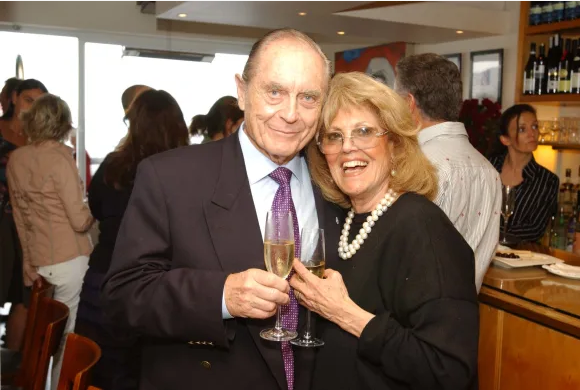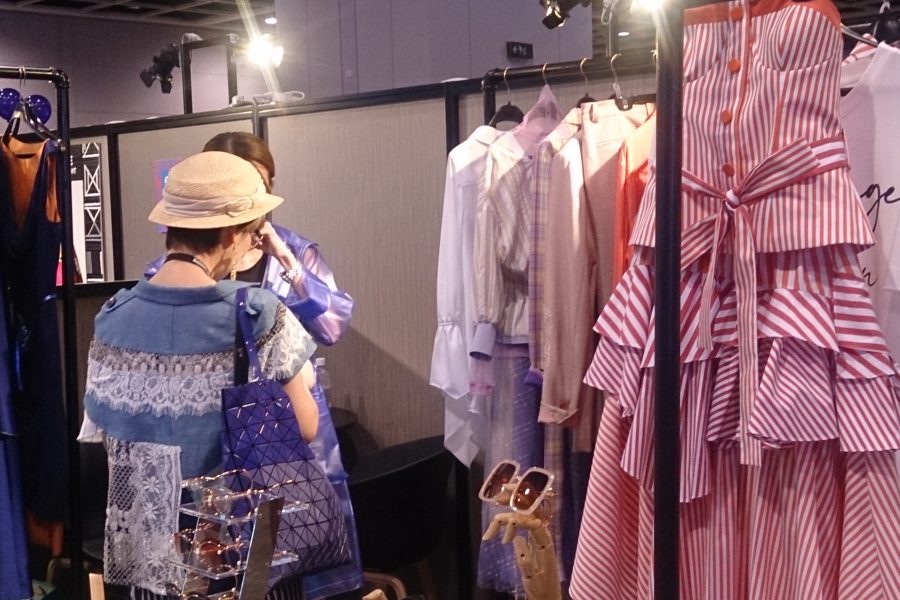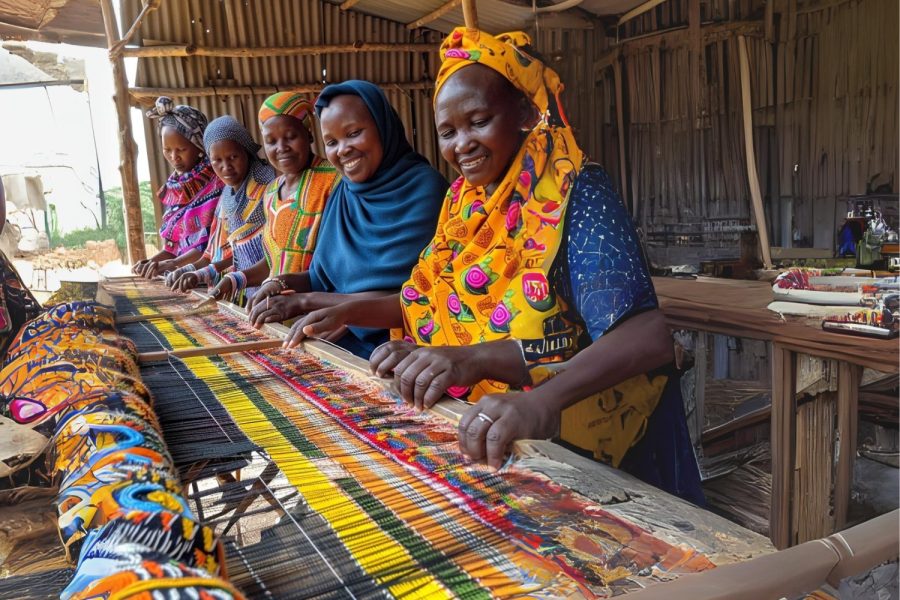Basic steps to lower business risks when exporting were explored in an export workshop seminar held at at the Global Sourcing Expo in late November.
Global exhibitors offered a range of textiles, apparel, home décor and gifts targeted to industry buyers at the Melbourne based expo.
Founder/CEO, TCF WA Inc & TCF Australia, Carol Hanlon told the workshop attendees that Australian companies frequently did not prepare for the export process thoroughly enough.
“There are many opportunities to export products from Australia. Many of our TCF clients outsource manufacture, but the design, IP and branding is all Australian. The world has a good image of Australia as being clean and green, fun and sports loving. And while Australian small business is reactive, it tends to jump in, as compared to being proactive and taking the time to learn all the pitfalls to not make errors,” she said.
Ms Hanlon pointed out that some of the exporting areas that many Australians are not familiar with include Contracts, Intellectual Property and Logistics. She stressed that having all the required documentation is essential when exporting.
“It is vital to understand all the certification required. If there is missing documentation, goods can be held in bond storage and incur costs and not be allowed entry. An experienced freight forwarder is your ‘best friend’ in exporting, as they can advise on all the documentation you will require from country to country, the best way of shipping/airfreight and all customs requirements, HS Codes, etc,” she said.
A lack of knowledge in areas such as IncoTerms and what exporters agree to regarding CIF or FOB was common, Ms Hanlon said. This lack of understanding frequently extends to contracts, terms and conditions, selling in $US, currency fluctuations and the foreign exchange.
To assist companies seeking to send products overseas, TCF Australia has prepared a series of information webinars that explain all the steps required to successful exporting. It includes an educational webinar -‘Introduction to Exporting’. The webinar is free to TCF Australia Export participants. www.tcfaustralia.com/export
“Companies wanting to export should research two to three main target countries. Understand the buying culture, and the need and demand for the goods you wish to export. Build relationships, visit trade fairs/exhibitions in the country of choice to check out competitors & pricing,” she said.
TCF Australia offers a free webinar for its TCF Australia Export participants – ‘Writing your Export Marketing Plan.’ www.tcfaustralia.com/export
Designers wanting to show their goods overseas need to be prepared, have done their research and check that it is the correct trade show for their market, Ms Hanlon said. She suggests they go online, visit the trade show website and look at the exhibitions and buyer statistics from the last show.
TCF Australia has a free webinar for its TCF Australia Export participants: ‘Preparing for a Fashion Trade Show.’ A free webinar is also available for its TCF Australia Export participants – ‘Export Guide for Small Business ’ www.tcfaustralia.com/export
Any Australian business can request a free Export Webinar and also the free Export Mentor through TCF Australia.
Email: export@tcfaustralia.com
For project registration visit: www. www.tcfaustralia.com/export
About Carol
Carol Hanlon is Founding CEO, Belmont BEC Inc. (BEC National | BEC Global) and Founder, CEO, TCF WA Inc. (TCF Australia | TCF Global). Her experience covers many business sectors, design, innovation, manufacturing, supply chains, sustainability and TCF small business skills development.
Ms Hanlon has delivered TCF industry business advisory services and mentoring across Australia and globally for over 28 years to many thousands of businesses in her role as CEO and mentor of two industry business advisory NFP organisations of the BBEC and TCFWA. She advises businesses on manufacturing, intelligent & smart textiles, sustainable fashion, apparel specifications, avoiding manufacturing pitfalls, and global supply chains.






